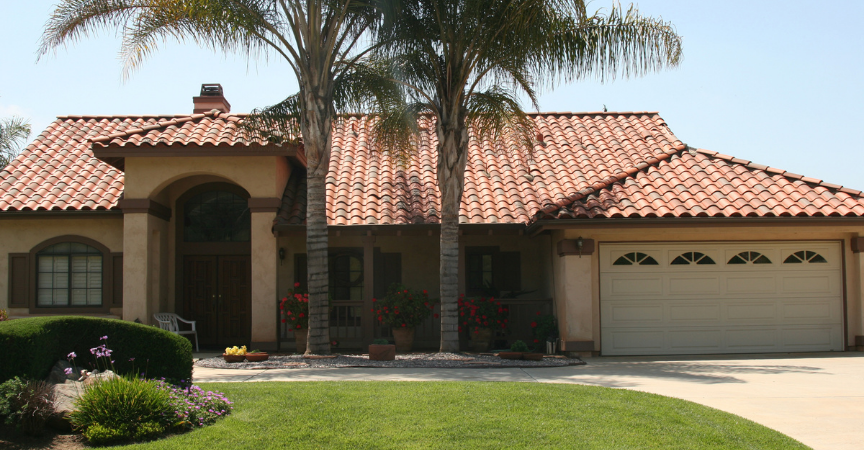California just became a much more debtor-friendly state. Specifically, most people filing chapter 7 personal bankruptcy no longer risk losing a house in which they have substantial equity. On September 18th, Governor Gavin Newsom signed California State Assembly Bill SB832/AB1885, increasing the homestead exemption from $75,000 for singles($100,000 for married couples and $175,000 for people age 65 and over) to at least $300,000 and as much as $600,000, depending on the median price of a home in the county its located in. The law goes into effect with all bankruptcies filed after January 1st 2021.
How Does the Homestead Exemption Affect Bankruptcy?
In a chapter 7 bankruptcy, everything you own and owe is legally transferred to a Bankruptcy Trustee, who can then use your assets to pay your debts. If you have more debts than assets, then those debts are “discharged” or wiped out. You can exempt some things from liquidation by the Trustee: either a “wildcard” exemption of $29,275 in assets that you select (such as cars and cash), or the “homestead” exemption, now equivalent to the median house price in your county but not less than $300,000 and not more than $600,000. (Most retirement accounts are also exempted; this law makes no changes to how retirement accounts are treated).
Prior to this increase, few potential married clients with more than $100,000 in home equity wanted to file bankruptcy because the Trustee sell their house and distribute proceeds in excess of the homestead exemption to creditors. Few clients were willing to lose their house. Come January 1st, however, any client with $600,000 or less in equity can keep their house through bankruptcy. Why as much as the maximum $600,000, and not the minimum increase of the exemption to $300,000? Most of my clients reside in the five coastal southern California counties, where the median home price is above $600,000. For example, in 2020, the median price of a home in Ventura county is approximately $675,000; in Los Angeles county it is almost $700,000; statewide, the average is $635,000.
The California legislature made this change because the amount of the homestead exemption had fallen way behind the value of a typical California house, making California one of the least debtor-friendly states in the country. For example, Texas, Arkansas, Oklahoma, and Florida have unlimited homestead, while other states had much higher exemptions, such as New York ($331,000) and Massachusetts ($500,000). I don’t practice bankruptcy law in any other state than California, so call me for questions about homesteading here. I’ll talk to you if there is an issue about another state but am likely to find you an attorney there to complete the discussion.
What’s the Implication of the Homestead Exemption Increase?
The bottom line is great news for people in financial distress and couldn’t come at a better time given the economic devastation caused by Covid. Many, many more people are now eligible for chapter 7 debt relief without the risk of losing their homes. Bankruptcy is a much more powerful option if you can wipe out debt without having your home liquidated. This new homestead exemption will allow many of my clients to discharge substantial debts without losing their homes. Please give me a call to see if you can take advantage of this new reality. As a California Bar-certified specialist in Bankruptcy, I can discuss the impact of bankruptcy on your current and future finances and steer you through the process.
October 20, 2020

